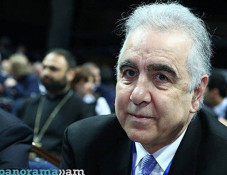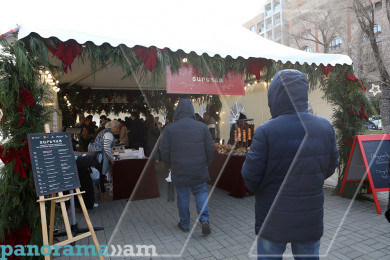
EU set to boycott Hungary's foreign affairs summit
European Union foreign affairs ministers are set to snub Hungary by organizing their own foreign affairs summit in August instead of traveling to Budapest for Prime Minister Viktor Orbán’s event, POLITICO reports.
Hungary, which holds the rotating presidency of the Council of the EU, plans to host a foreign affairs summit in Budapest on August 28-29 — a prime opportunity for Orbán to try to shape the bloc’s foreign policy agenda and for his Foreign Affairs Minister Péter Szijjártó to stand in the limelight.
But after Orbán obstructed aid for Ukraine and his self-styled peace visits to Vladimir Putin and Xi Jinping, which he didn’t coordinate with the EU’s 26 other national leaders, many foreign ministers have been hunting for a way to avoid becoming props in what they believe would be another Orbán propaganda show.
Enter Josep Borrell. The EU’s foreign policy chief will summon the ministers to a “formal” foreign affairs council at the same time as Orbán’s summit, according to three EU diplomats with direct knowledge of the plan and who requested anonymity due to the sensitive nature of the move.
It comes after Hungary’s envoy to the EU, Bálint Ódor, was harshly criticized by his colleagues at a meeting earlier this month, with Slovakia the only country not taking the floor. By boycotting its foreign affairs summit, the ministers hope to limit Hungary’s trolling.
“If there’s a formal foreign affairs council, organized by the high representative [Borrell] the same day, the ministers won’t be able to go to Budapest,” said one of the diplomats.
Another added that by boycotting the Budapest meeting, the other foreign ministers wanted to “send a clear signal that Hungary does not speak for the EU.”
Even before the Russia-Ukraine war, tensions between the EU and Hungary had been growing for years. Under Orbán, the country has been backsliding on democratic norms and the rule of law, as well as disrupting the EU’s smooth functioning by blocking the passage of laws or funding to gain concessions in unrelated areas.
Newsfeed
Videos






























